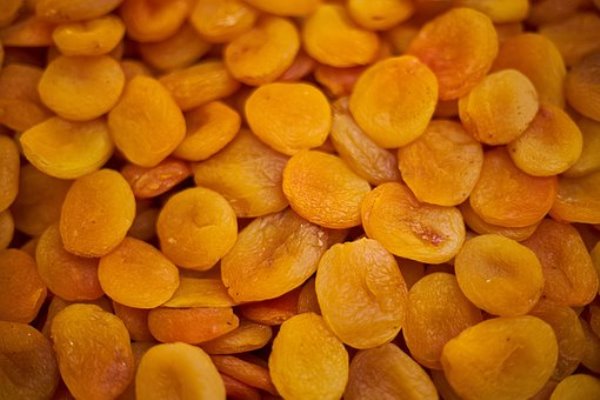People who eat too many products containing the approved additives sulfur dioxide (E220) or sulfites (E221-228) could face an increased health risk. This was the result of a re-evaluation by EFSA experts.
Sulfites are added as additives to a number of foods for preservation purposes. Frequently, references to these additives can be found on product labels of e.g. dried fruits and vegetables and potato flakes, potato chips etc.
They prevent gradual oxidative browning of the food. In cellar technology, sulfur dioxide is used to disinfect barrels. Additions of sulfite can also be used to specifically stop the fermentation process in wine.
Animal experiments have shown indications of a possible neurotoxic potential of sulfites at higher intake levels.
The currently available data are not yet sufficient for a conclusive toxicological assessment In 2016, a provisional ADI value (acceptable daily intake) of 0.7 mg/kg body weight/day was set, but this is currently to be reviewed.
sulfites can trigger food allergies in sensitive people
The EFSA working group on sulfur dioxide and sulfites calculated a MOE of 80 (margin of exposure = ratio between the lowest estimated dose at which an adverse effect is observed and the level of substance intake), below which adverse health effects can no longer be safely excluded. Therefore, 60% of adult consumers who consume a large amount of sulfite-containing foods could belong to the group at risk of adverse health effects.
In addition, even small amounts of sulfites can trigger food allergies in sensitive people, which is why the declaration is mandatory.
Those who closely follow our monthly review of alerts from the European Rapid Alert System (RASFF) will have noticed that food products were regularly reported due to excessive sulfite levels. In 2022, 34 cases were reported and 25 of them were classified as "serious" (as of Dec. 28). In addition to dried fruits and vegetables, shrimp and wines are frequently affected.
|
Foostuffs |
Maximum level (mg/kg resp. l) |
|
Dried fruits (depending on the type of fruit) |
500 up to 2.000 |
|
Candied fruits |
100 |
|
Dried potato products |
400 |
|
Potato dough (dumpling dough) |
100 |
|
Wines |
150 up to 400 |
|
Fruit wines |
200 |
|
Crustaceans and cephalopods (depending on the product) |
Up to 300 |
Links:
1)
2)
YOUR PLUS: AGROLAB food laboratories have safe and accredited methods for the determination of sulfur dioxide or sulfites in food.
Author: Dr. Frank Mörsberger

 Contact
Contact

 Contact
Contact Career
Career